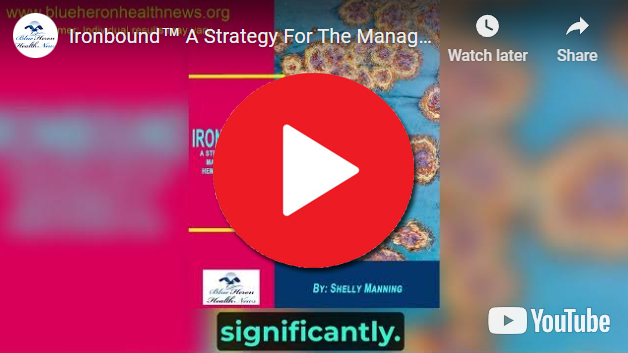
Living with iron deficiency anemia requires making certain lifestyle adjustments and following medical advice to manage the condition effectively. Here are some tips to help you live with iron deficiency anemia:
- Seek medical guidance: Consult a healthcare professional, such as a doctor or a hematologist, for a proper diagnosis and guidance on managing your iron deficiency anemia. They will help determine the underlying cause and develop a suitable treatment plan.
- Iron-rich diet: Consume foods that are rich in iron to help replenish your body’s iron stores. Include iron-rich foods such as lean meats, poultry, fish, beans, lentils, tofu, spinach, kale, broccoli, nuts, seeds, and fortified cereals. Consuming vitamin C-rich foods, like citrus fruits, alongside iron-rich foods can enhance iron absorption.
- Iron supplementation: In some cases, your doctor may prescribe iron supplements to address your iron deficiency anemia. Take the supplements as directed, and be mindful of any potential side effects. It’s important to follow your doctor’s advice regarding dosage and duration.
- Dietary considerations: Avoid consuming foods or beverages that may inhibit iron absorption, such as coffee, tea, and calcium-rich foods, during meals. Instead, consume these items separately from iron-rich meals to maximize iron absorption.
- Regular blood tests: Stay on top of your health by regularly monitoring your hemoglobin and iron levels. Your doctor will advise on how frequently you need to undergo blood tests to assess your progress and adjust treatment if needed.
- Manage underlying causes: Iron deficiency anemia can be caused by various factors, such as chronic bleeding, gastrointestinal disorders, or menstrual bleeding. If an underlying cause is identified, work with your doctor to address and manage it effectively.
- Rest and conserve energy: Iron deficiency anemia can cause fatigue and weakness. Listen to your body and ensure you get enough rest. Prioritize sleep and avoid overexertion. Pace yourself throughout the day and consider delegating tasks or seeking support when needed.
- Stay hydrated: Drink an adequate amount of water to support overall health and circulation. Sufficient hydration can help prevent complications associated with anemia, such as dizziness and low blood pressure.
- Communicate with your doctor: Keep an open line of communication with your healthcare provider. Discuss any concerns, symptoms, or changes in your condition promptly. They can provide personalized advice and guidance based on your specific circumstances.
Remember, these tips are general recommendations, and it’s essential to consult with your doctor for individualized guidance and treatment for iron deficiency anemia.
See More on Video

Ironbound™ A Strategy For The Management Of Hemochromatosis By Shelly Manning provides the best solution for the problem of HCT so that you need not bear it for the rest of your life. Several methods have been explained in this eBook so that your body need not suffer from the problems caused by the health condition known as hemochromatosis.